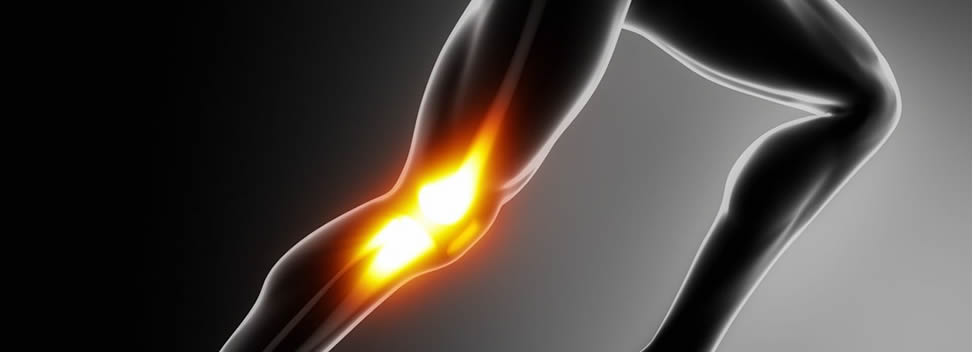Don't Risk Injury, Recovery Properly!
- April 24th, 2015
- Camilla Chapman

After taking part in strenuous exercise, it is essential to take the right steps to ensure the best recovery. Your body needs to recover in the correct way, so you will be ready for your next training session or fixture. It's also important to recover properly so you can prevent injury, and reduce the risk being out of your sport for a while!
One method that professional sportsman and women frequently use is to have a ice bath. Now we know this may seem horrible but according to limited scientific research it aids recovery by remove waste products from your muscles, such as lactic acid. It can reduce muscle soreness such as DOMS (delayed onset muscle soreness) and therefore prevents injury. An easy way to get the same results is to have a post-exercise shower and alternate two minutes of hot water with 30 seconds of cold water, repeating this process four times. Use moderate temperatures for a minute in between, before you brave the cold again!
Here are our best tips for the road to recovery, so that you are feeling refreshed after your game!
- Stretch: It's hugely important after exercise to cool down efficiently, so you can again reduce the risk of muscle soreness and injury. Not only is it a simple and fast way to help you recover, but also can greatly improve your posture and movement.
- Rest: Did you know hours slept before twelve at night are proven to be more effective than those slept after? Sleeping seven to ten hours every night when training helps aid muscle recovery, allowing your body to repair and recover at a natural pace. Take a look at this sleep factsheet for how sleep can go hand in hand with exercise.
- Eat properly: Now we know how tempting it is to get a lot of chocolate after a hard workout, but you must eat well to replenish your energy and help recover quicker! Eating protein after exercise helps recovery and growth and needs to ideally be eaten 30 minutes after exercise - if you don't eat properly and aren't fuelling your muscles after damaging them, then these will start to break down and put you at a higher risk of injury. Also eat carbohydrates after exercise as this is key to replenishing your glycogen stores, the chemical form of carbohydrates in your muscles, to store energy for future exercise. For more on what to eat before and after exercise, read this factsheet for more tips.
- Avoid overtraining: Make sure you have plenty of rest days in your workout programme, so you don't overtrain and run the risk of injury. Listen to your body - if you're feeling sore and tired the day after a big workout then don't train - it'll limit what you gain out of exercise!